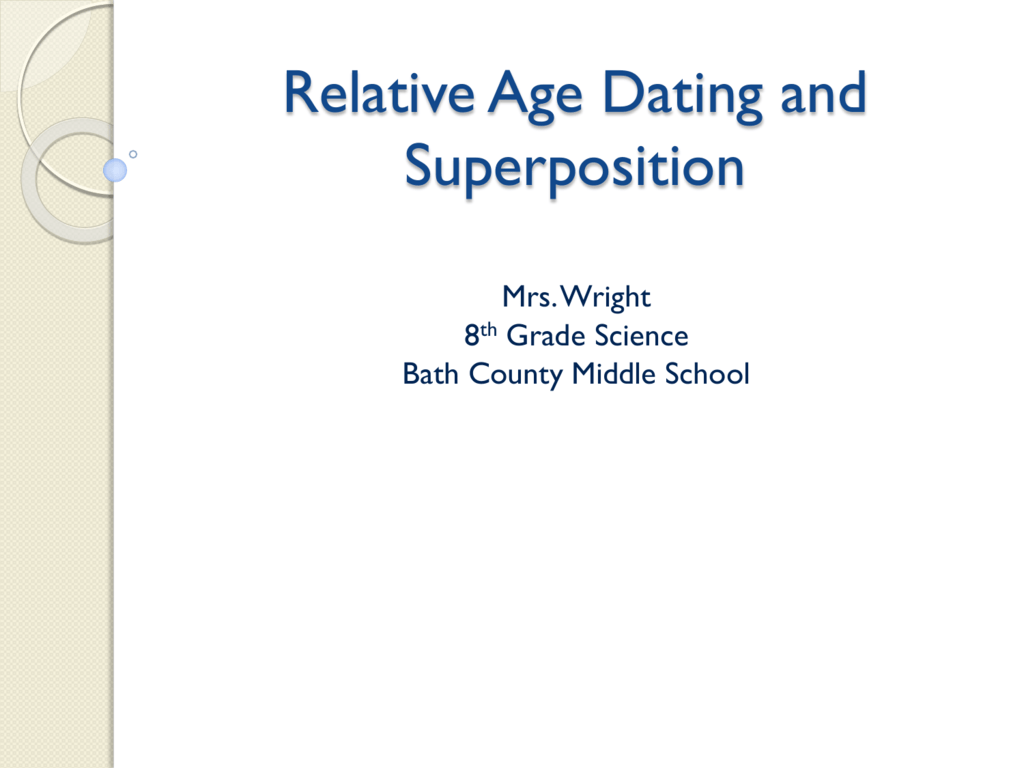


Accident – an exception to a generalization is ignored.A faulty generalization is thus produced. Unlike fallacies of relevance, in fallacies of defective induction, the premises are related to the conclusions yet only weakly buttress the conclusions. The cause is said to be the effect and vice versa.įaulty generalizations – reach a conclusion from weak premises. Wrong direction – cause and effect are reversed.Special pleading – where a proponent of a position attempts to cite something as an exemption to a generally accepted rule or principle without justifying the exemption.Shotgun argumentation – the arguer offers such a large number of arguments for their position that the opponent can't possibly respond to all of them.Retrospective determinism – the argument that because some event has occurred, its occurrence must have been inevitable beforehand.In other words, it is the error of treating as a "real thing" something that is not a real thing, but merely an idea. Reification (hypostatization) – a fallacy of ambiguity, when an abstraction (abstract belief or hypothetical construct) is treated as if it were a concrete, real event or physical entity.Red herring – a speaker attempts to distract an audience by deviating from the topic at hand by introducing a separate argument the speaker believes is easier to speak to.Psychologist's fallacy – an observer presupposes the objectivity of his own perspective when analyzing a behavioral event.Something tipped our boat over it's obviously the Loch Ness Monster. The Loch Ness Monster has been seen in this loch. Post hoc ergo propter hoc Latin for "after this, therefore because of this" (faulty cause/effect, coincidental correlation, correlation without causation) – X happened, then Y happened therefore X caused Y.It is a particular case of the "argumentum ad ignorantiam" fallacy, here the burden is shifted on the person defending against the assertion. Onus probandi – from Latin "onus probandi incumbit ei qui dicit, non ei qui negat" the burden of proof is on the person who makes the claim, not on the person who denies (or questions the claim).

Moving the goalposts (raising the bar) – argument in which evidence presented in response to a specific claim is dismissed and some other (often greater) evidence is demanded.Moralistic fallacy is the inverse of naturalistic fallacy defined below. For instance, inferring is from ought is an instance of moralistic fallacy. Moralistic fallacy – inferring factual conclusions from purely evaluative premises in violation of fact–value distinction.Mind projection fallacy – when one considers the way one sees the world as the way the world really is.Ignoratio elenchi (irrelevant conclusion, missing the point) – an argument that may in itself be valid, but does not address the issue in question.Inflation of conflict – The experts of a field of knowledge disagree on a certain point, so the scholars must know nothing, and therefore the legitimacy of their entire field is put to question.Fallacy of many questions – someone asks a question that presupposes something that has not been proven or accepted by all the people involved.False dilemma (false dichotomy, fallacy of bifurcation, black-or-white fallacy) – two alternative statements are held to be the only possible options, when in reality there are more.Equivocation – the misleading use of a term with more than one meaning (by glossing over which meaning is intended at a particular time).Begging the question ( petitio principii) – providing what is essentially the conclusion of the argument as a premise.Argumentum ad hominem – the evasion of the actual topic by directing the attack at your opponent.Argument from ignorance (appeal to ignorance, argumentum ad ignorantiam) – assuming that a claim is true because it has not been or cannot be proven false, or vice versa.They usually need examination of the argument's content. Informal fallacies – arguments that are fallacious for reasons other than structural flaws.


 0 kommentar(er)
0 kommentar(er)
